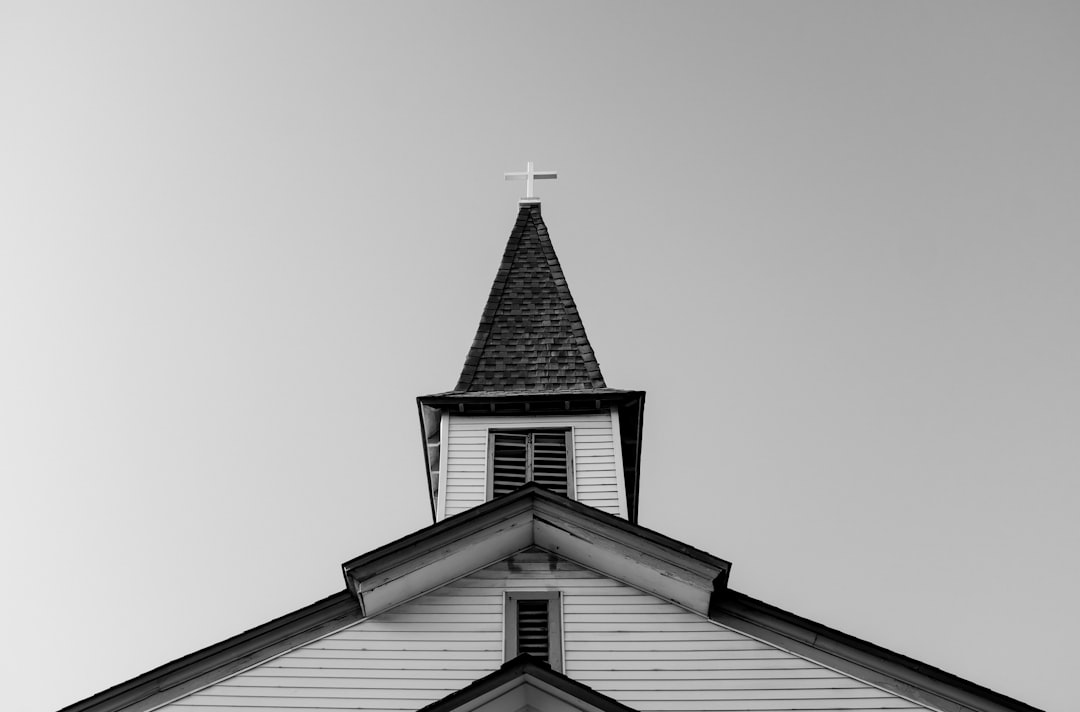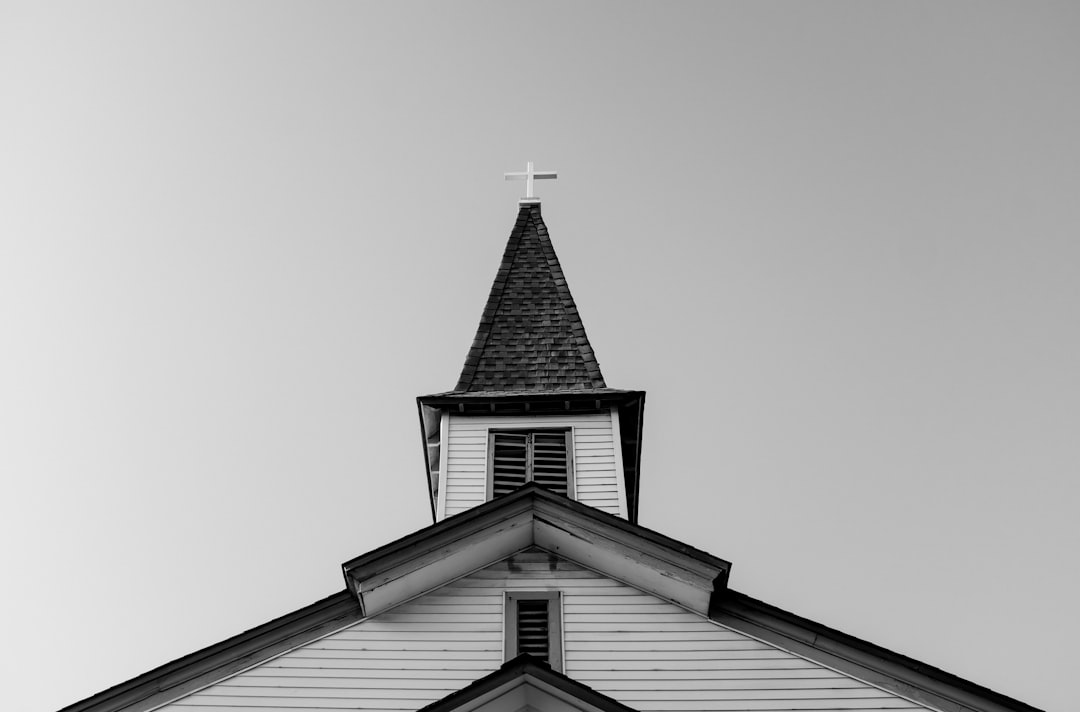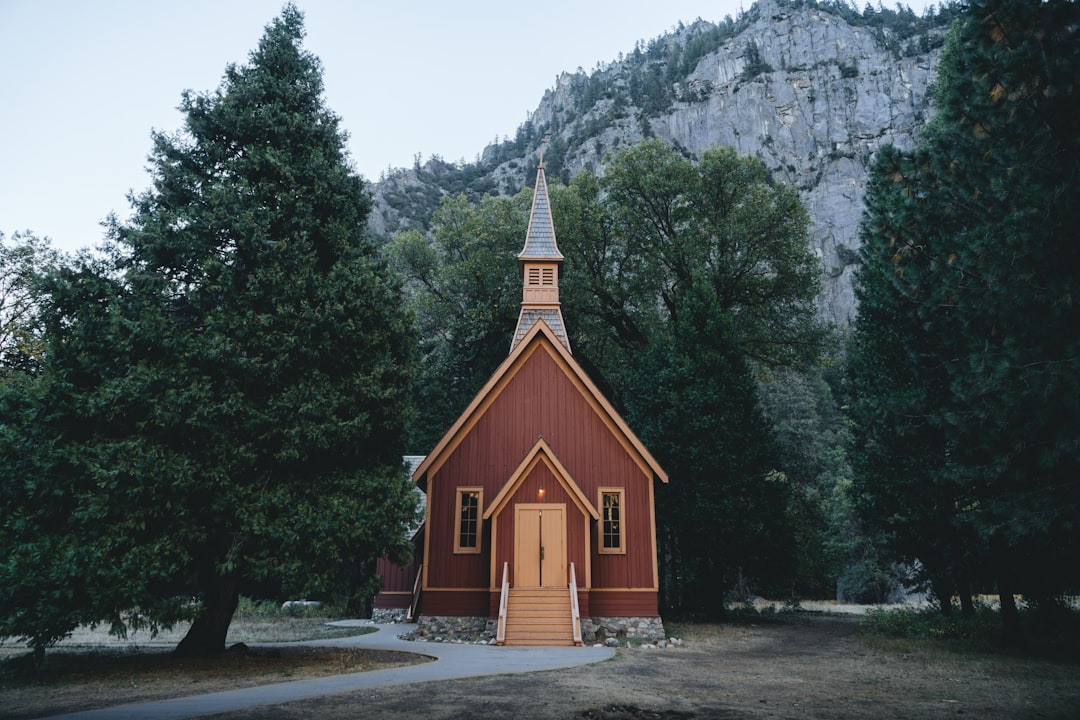California offers robust legal protections for survivors of clergy sexual assault, including civil lawsuits against clerics or institutions and criminal charges. Clergy abuse attorneys play a crucial role in guiding victims through these options, providing specialized support to ensure justice and tailored assistance. Survivors should connect with reputable clergy abuse attorneys specializing in sensitive cases and take advantage of free or low-cost legal services offered by organizations dedicated to assisting victims within religious institutions.
In California, clergy sexual assault survivors face unique challenges navigating legal systems. This article explores the intricate landscape of clergy sexual abuse, focusing on the state’s legal framework. We delve into the crucial role played by specialized clergy abuse attorneys in supporting victims and ensuring justice. Additionally, we provide a comprehensive guide for survivors seeking legal assistance in California, detailing accessible resources and essential steps to take after an incident.
Understanding Clergy Sexual Assault: Legal Framework in California

Clergy sexual assault, a deeply sensitive and complex issue, is addressed in California through a robust legal framework designed to protect survivors and hold perpetrators accountable. The state recognizes the unique dynamics at play within religious institutions and has implemented specific laws to combat clergy abuse. These laws aim to ensure that victims of sexual misconduct by spiritual leaders have access to justice and support.
California’s legal system provides several avenues for survivors of clergy abuse to seek redress. This includes civil lawsuits against the offending cleric or institution, where survivors can pursue compensation for their trauma and related expenses. Additionally, there are criminal charges available for those who commit such assaults, offering a route to hold perpetrators liable and potentially prevent future instances of abuse. Clergy abuse attorneys in California play a crucial role in guiding survivors through these legal options, ensuring they receive the support and justice they deserve.
The Role of Clergy Abuse Attorneys in Supporting Survivors
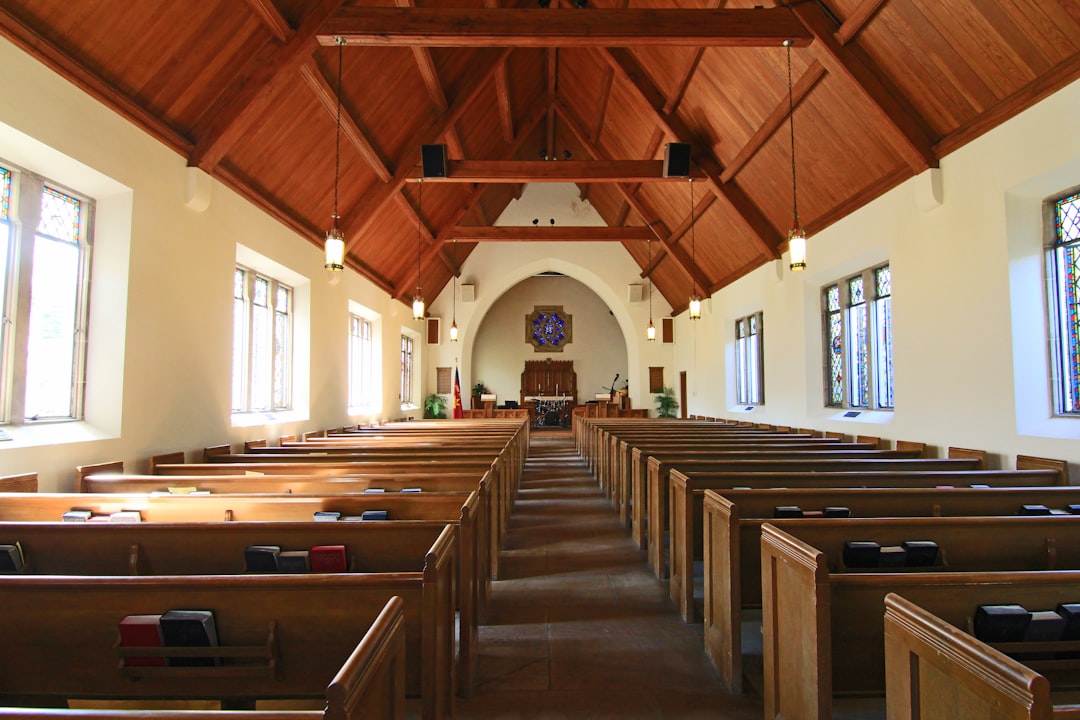
Clergy abuse attorneys in California play a vital role in supporting survivors of sexual assault within religious communities. These specialized legal professionals are equipped to handle sensitive cases, ensuring that victims receive justice and support tailored to their unique experiences. They navigate complex legal systems while also providing emotional guidance, as the process of coming forward and seeking redress can be intensely challenging for survivors.
These attorneys employ a multifaceted approach, offering confidential consultations, crafting robust legal strategies, and representing clients in court. Their expertise includes understanding the specific challenges faced by clergy abuse survivors in California, such as navigating religious institutions’ policies and procedures. By advocating for victims’ rights, they foster an environment where healing can begin, enabling survivors to reclaim their agency and find closure.
Accessing Legal Assistance: Resources and Steps for California Survivors
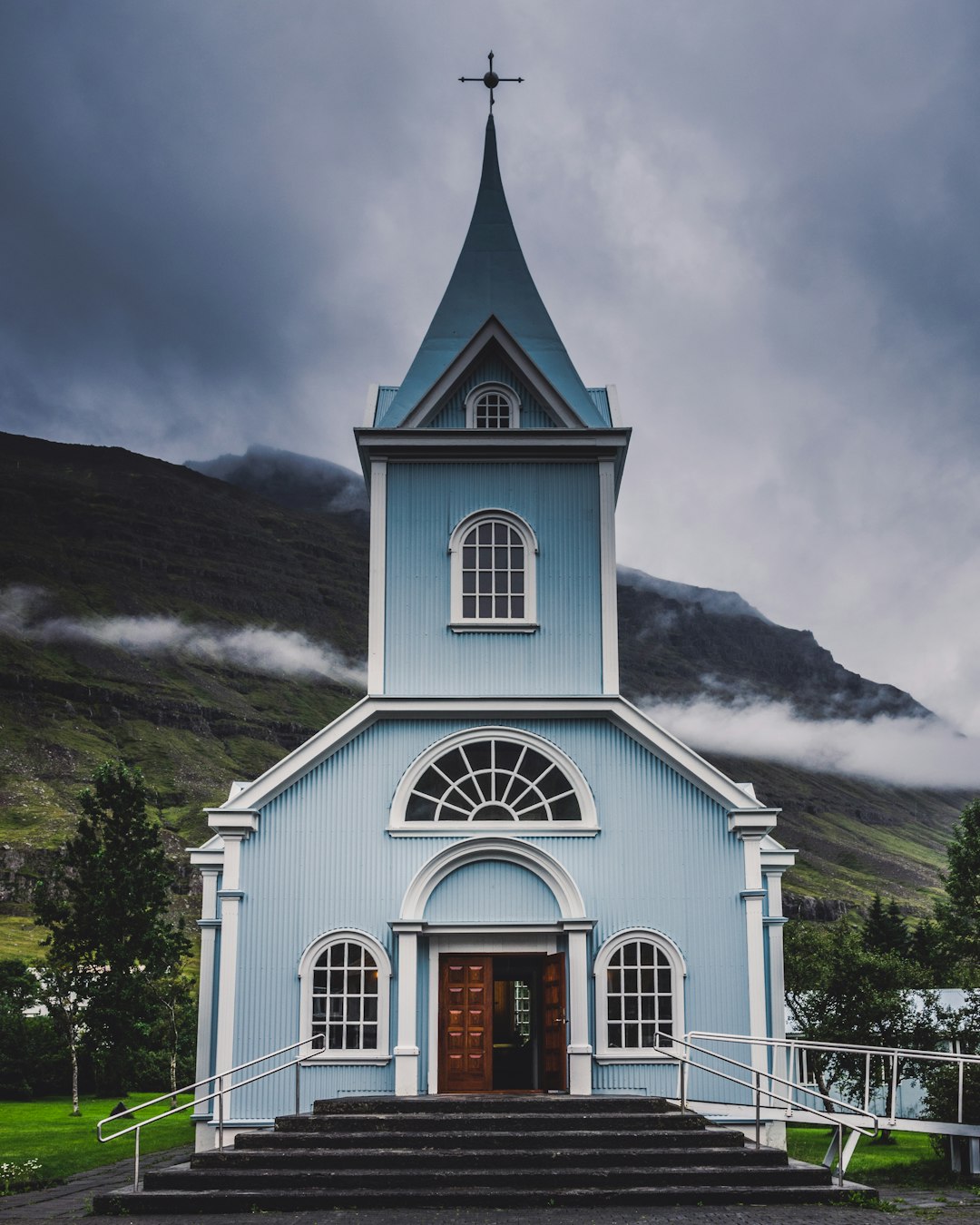
Accessing legal assistance is a crucial step for survivors of clergy sexual assault in California. The first step is to connect with reputable clergy abuse attorneys who specialize in handling such cases sensitively and effectively. Many organizations in California offer free or low-cost legal services specifically tailored to help victims of sexual abuse within religious institutions. These resources can guide survivors through the legal process, ensuring their rights are protected.
Survivors can start by reaching out to local legal aid societies or non-profit organizations dedicated to supporting victims of clergy abuse. These entities often have a network of experienced attorneys who understand the complexities of these cases and can provide tailored assistance. They may offer initial consultations, help draft legal documents, and represent survivors in negotiations or court proceedings against abusive clergy or religious organizations. It’s important to gather relevant evidence and documentation to strengthen the case while ensuring confidentiality and emotional support throughout the process.
